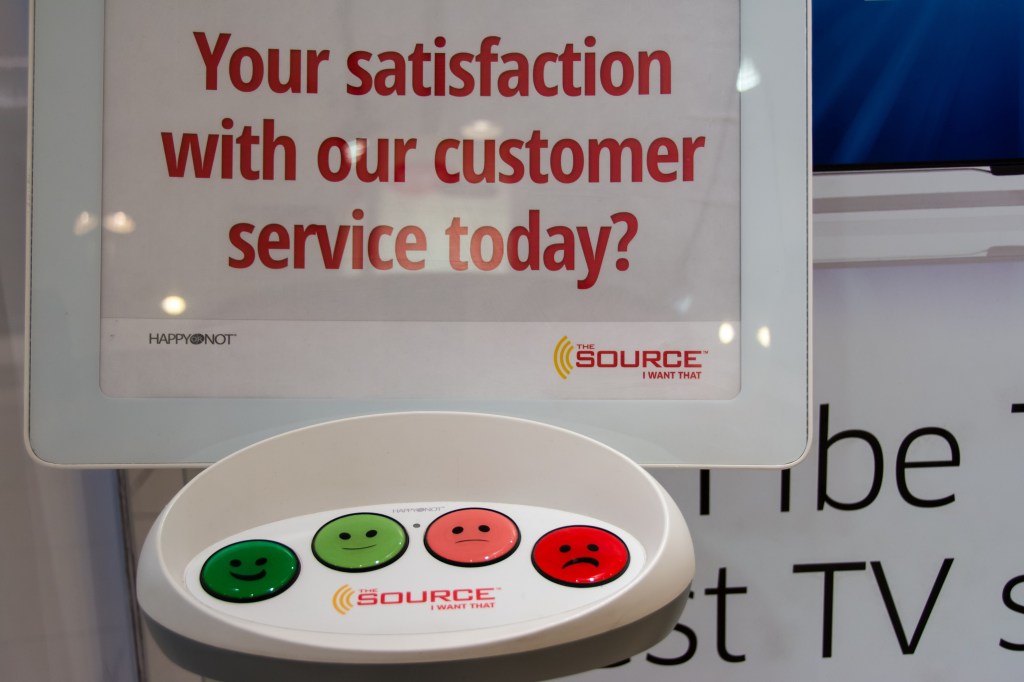Once they had the basic idea, it wasn’t long before these founders were sitting down with Atlassian’s Mike Cannon-Brookes and Scott Farquhar seeking leave, seeking their blessing. And they got it.
Key Takeaways
- Founders Bradley Ayers and Benjamin Humphrey
- Raised US$63 million ($94 million) last year, for a $990 million valuation
- Helps organisations worldwide improve the quality of their products and services through better customer understanding

After four years spinning inside the ever-growing Atlassian snowball, Bradley Ayers was feeling “overpromoted”. The stress was getting to him, but still he tended to disregard the overtures of his colleague Benjamin Humphrey who was trying to get him on board as a founder in Humphrey’s startup plans – something about customer satisfaction surveys.
Humphrey, a designer at Atlassian, needed a tech guy and he had Ayers on a list of suitable colleagues. Every few months, Humphrey would take Ayers out for Chinese takeaway lunch. They’d sit in the park and Humphrey would tell him about his great idea.
Humphrey had observed an Atlassian colleague doing a customer diary study. She was cutting up Word documents and pinning the pieces to a whiteboard. She was using Post-it Notes and highlighter pens. All trying to get some insight into what their customers wanted. The whole job took her three months. There had to be a better way.
“One of the trippiest things for me was I saw a job ad with Dovetail as one of the requirements for potential employees,” recalls Humphrey. He knew they’d arrived.
“In Sydney, there’s a lot of startup bullshit,” recalls Ayers. “Everyone’s got their idea, right, so I didn’t give it too much credence.” About six months into this fried-noodle schmooze, however, Humphrey announced that he had a website. He’d slogged away at weekends with the help of some Polish coders. You could now log in and sign up. There were customers. Real paying ones.
Suddenly, Ayers was paying attention. He didn’t know anything about startups but he knew that if he came on board to double this little company’s workforce, he wouldn’t be spending all day in meetings. Wouldn’t feel like he was drowning. He’d be doing what he loved, hacking on code. He could “be effective”. It wasn’t long before the two of them were sitting down with Atlassian founders Mike Cannon-Brookes and Scott Farquhar seeking leave, seeking their blessing. And they got it.
That was June 2017. The two of them threw in $60,000 each and decided to give it a year, taking it in turns each day as to whose kitchen they worked in. They took on a single employee and continued to scrape by for the next two years, steadily growing their customer base, steadily becoming entangled in all the 24-hour tech support duties that entwine a company whose clients are mostly on the other side of the world.
The first major insight had already come. The churn rate was close to 100%. “I had incorrectly focussed on the diary studies as an opportunity,” recalls Humphrey. “But once they’d done the study they no longer needed us. We knew we wanted a recurring subscription model and the diary study product wasn’t that.” So they got talking to all their former customers and it became clear that the big unmet need lay in what the customer did with the data after they’d collected it. Where were the insights?
“So that’s where we focussed the product,” says Humphrey. “The data’s in there. You do your analysis in there. It’s kind of sticky. You might want to reuse it in 12 months. You can get your teammates in there to comment, to learn from it. So that’s the philosophy. Build a product that stores the data and enriches the data in some way. Then people aren’t going to cancel their subscription. They get continual value over time. The goal for us was how do we get more and more of a company getting value from our product so we can charge them more for it. That’s been really successful.”
When they raised their first outside capital – $4 million in 2019 – the first thing they did was get an office. And let’s make it cool. It’s hard to attract a bright young engineer to a company that’s still based in the founder’s kitchen.
When they raised US$63 million ($94 million) last year, at a valuation that had Dovetail worth $990 million, they continued to use it to attract good people. They wrapped a Sydney tram in a giant Dovetail recruitment ad. They’re now up to 90 staff, with nine of them coming on board in the new San Francisco office. Ayers and Humphrey have retained a third ownership each.
Atlassian has continued to be supportive. They’re a big customer. “I like to say they pay us more in annual subscription now than they paid Brad and I in our combined salaries.” Cannon-Brookes’ venture capital company, Grok Ventures, was part of the last year’s funding round.
Other customers range from Porsche and Volvo to major consultants like Deloitte, through to a guy in Brooklyn who was one of the very first customers five years ago. He has a hipster human resources agency that helps rapidly growing startups with their hiring and retention. “He’ll come in and interview a bunch of people and make a bunch of recommendations. And he runs his whole business on Dovetail. He couldn’t do it without our software. He’s just a two-person organisation.
“One of the trippiest things for me was I saw a job ad with Dovetail as one of the requirements for potential employees,” recalls Humphrey. He knew they’d arrived.